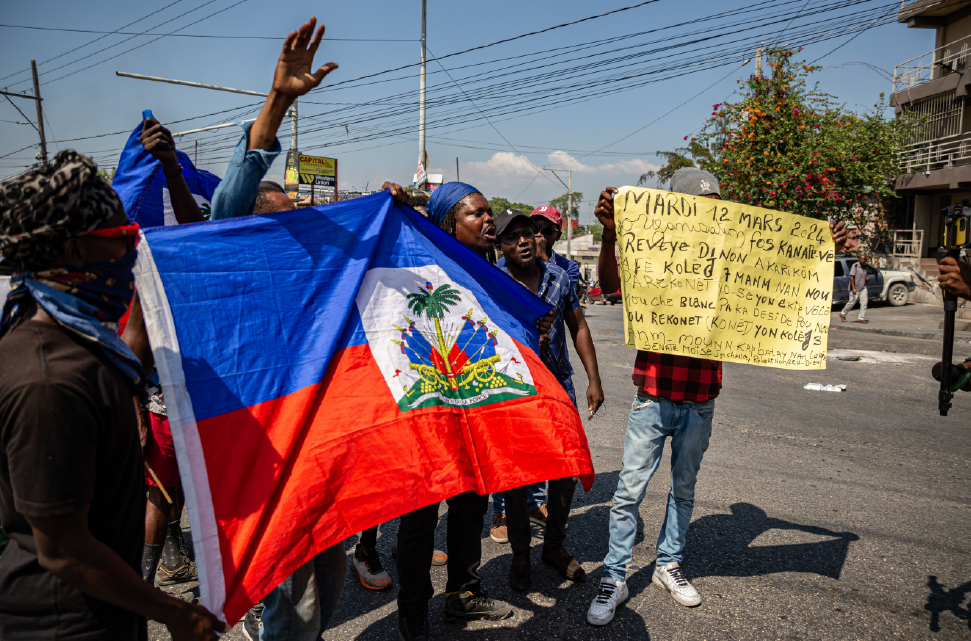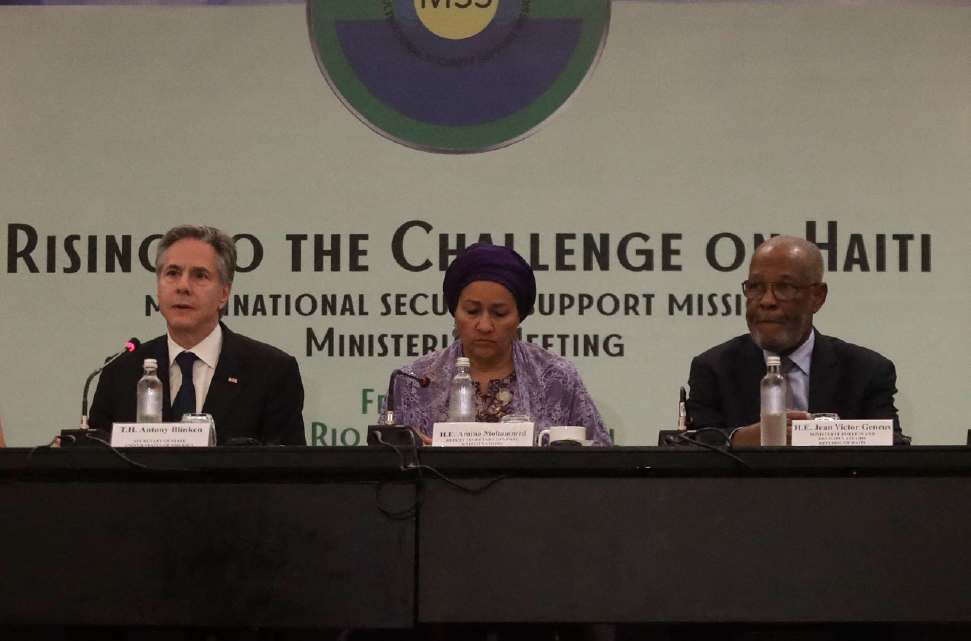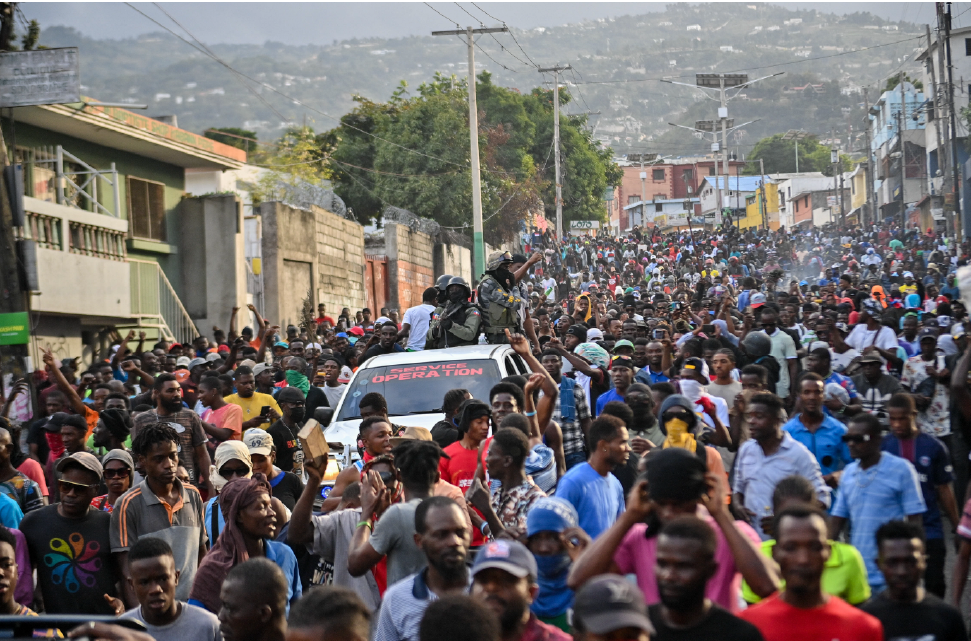
Haiti: Relief and Reconstruction Watch is a blog that tracks multinational aid efforts in Haiti with an eye towards ensuring they are oriented towards the needs of the Haitian people, and that aid is not used to undermine Haitians' right to self-determination.
• HaitiHaitiKenyaKeniaLatin America and the CaribbeanAmérica Latina y el CaribeUS Foreign PolicyPolítica exterior de EE. UU.WorldEl Mundo

• HaitiHaitiKenyaKeniaLatin America and the CaribbeanAmérica Latina y el CaribeWorldEl Mundo

• HaitiHaitiLatin America and the CaribbeanAmérica Latina y el CaribeUS Foreign PolicyPolítica exterior de EE. UU.WorldEl Mundo


• CARICOMHaitiHaitiLatin America and the CaribbeanAmérica Latina y el CaribeUS Foreign PolicyPolítica exterior de EE. UU.

• CARICOMDemocracyHaitiHaitiLatin America and the CaribbeanAmérica Latina y el CaribeUS Foreign PolicyPolítica exterior de EE. UU.VenezuelaVenezuela

• DemocracyHaitiHaitiLatin America and the CaribbeanAmérica Latina y el CaribeUnited StatesEE. UU.US Foreign PolicyPolítica exterior de EE. UU.

